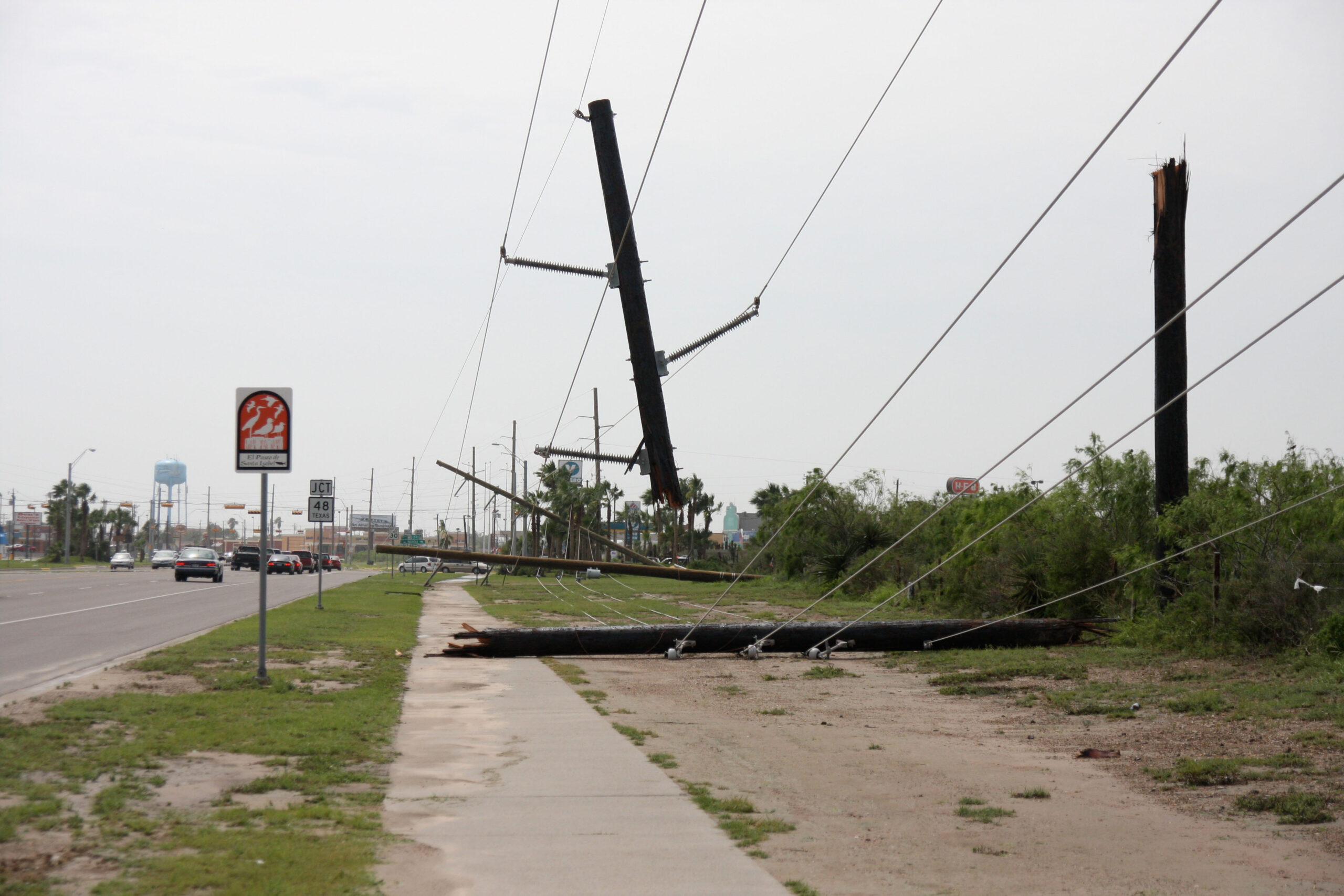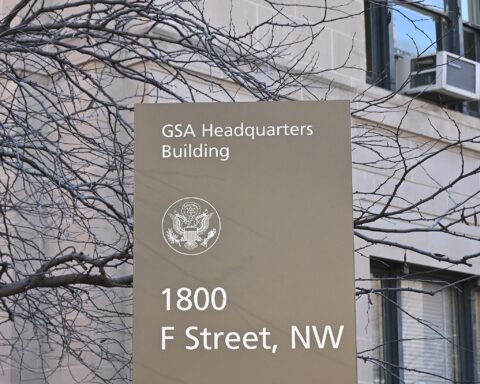The growing threat of climate change is driving federal investments to strengthen electrical systems across the nation.
To that end, the U.S. Department of Energy (DOE) is unveiling $473.6 million in formula grants to modernize and improve the nation’s electrical grid and power sector’s reliability. To mitigate outages and damage caused by climate-induced natural disasters, the funding will support hundreds of state and tribal entities in strengthening the power grid across the nation.
These grants will be delivered to entities over five years, based on a formula that includes population size, land area, disruptive event probability and severity and historical mitigation initiatives.
Entities awarded these funds will conduct a variety of projects to strengthen the nation’s power grid and prepare for natural disasters. These initiatives include weatherization technologies, vegetation and fuel-load management, utility pole management, advanced modeling technologies, battery storage, microgrids and several other strategies.
The largest grants delivered under this funding cycle include:
- Utah Office of Energy Development – $13.8 million for undergrounding of electrical equipment.
- Michigan Department of Environment, Great Lakes, and Energy – $9.1 million to move electrical equipment underground.
- Michigan Department of Environment, Great Lakes, and Energy – $8.1 million for the replacement of old overhead conductors and underground cables.
- Puerto Rico Electric Power Authority – $8 million for battery storage.
- Indiana Office of Energy Development – $4.7 million for monitoring and control technologies.
- Utah Office of Energy Development – $3.2 million for adaptive protection technologies.
- Indiana Office of Energy Development –$3 million for monitoring and control technologies.
- Michigan Department of Environment, Great Lakes, and Energy – $3 million for utility pole management.
- Indiana Office of Energy Development – $2.9 million for monitoring and control technologies.
- South Carolina Public Service Authority DBA Santee Cooper – $2.6 million for monitoring and control technologies.
- Indiana Office of Energy Development – $2.6 million for monitoring and control technologies.
- Kansas Corporation Commission – $2.4 million for the hardening of power lines, facilities, substations and other power systems.
- Citizen Potawatomi Nation – $1.7 million for undergrounding of electrical equipment.
- Colorado Energy Office/Colorado Resiliency Office – $1.4 for weatherization technologies and equipment.
- Colorado Energy Office/Colorado Resiliency Office – $1.3 million for fire-resistant technologies and fire prevention systems.
- Colorado Energy Office/Colorado Resiliency Office – $1.2 million for microgrids.
For one project, the Grid Resilience Office will provide almost $5 million to the Kansas Corporation Commission to replace overhead conductors and underground cables, building on over $3 million in formula grants already allocated in previous years. The commission will deliver the grants to the sub awardee, Pioneer Electric Company, to replace approximately 20 miles of aging power lines and up to 1,280 poles, conduct proactive pole testing and deploy drone technologies to investigate lines without disturbing the threatened Lesser Prairie Chicken species.
A full list of awardees and sub awardees for the Grid Resilience State and Tribal Formula Grant Program can be found here. The DOE anticipates releasing the next cycle of formula grants in the second quarter of Fiscal Year 2025.
Photo courtesy Jacinta Quesada, Public domain, via Wikimedia Commons













